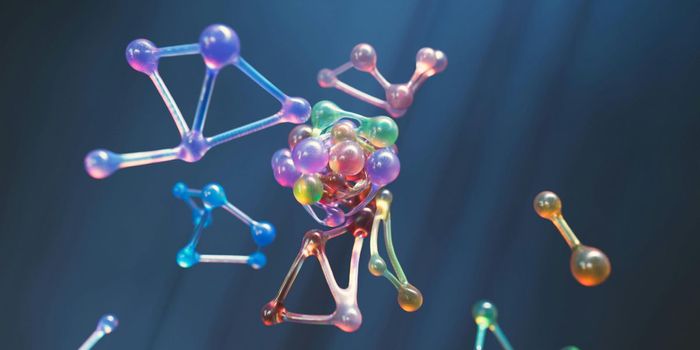Compound in Daffodils Can Help Fight Cancer
Preventing the growth of tumors presents a challenge for scientists in finding a cure to cancer. Now however, researchers from the University Libre de Bruxelles have identified a natural alkaloid in daffodils that may be useful in developing anti-cancer drugs.
To sustain growth and multiply, cancer cells rely on manipulating the body’s ways of synthesizing proteins- something that happens in our cell’s ribosomes. Thus, they tend to be very sensitive to treatments that inhibit the ability of these ribosomes to produce proteins.
In research led by Denis Lafontaine, scientists found a natural anti-cancer compound, known as haemanthamine, when studying daffodils. Binding to ribosomes, they were observed to slow the growth of cancer cells by blocking their ability to produce proteins. They also found that haemanthamine reduces the production of ribosomes in the cell’s nucleus, which in turn triggers the activation of an anti-tumor surveillance pathway that leads to the stabilization of the protein p53 and the eradication of cancer cells (Libre de Bruxelles: 2018).
In particular, the activation of the protein p53 is known as an important element in treating cancer due to its role in promoting cell death, also known as apoptosis. This comes as, under normal circumstances, cancer cells generally do not undergo this process, instead growing rapidly and overriding signals that would otherwise lead them to undergo cell death.
Thus, in avoiding this process, they may then propagate further, both forming into tumors and spreading to the rest of the body in a process known as metastasis. In stabilizing protein p53 and allowing these cancer cells to undergo cell death, this daffodil alkaloid may help prevent this from happening- both preventing the formation of cancerous tumors and the spread of cancer throughout the body (Persaud: 2018).
Yet, although this process may help in the destruction of cancer cells, by itself, it may still be problematic. This is because non-cancerous cells also require ribosomal synthesis to function and so, although haemanthamine can be effective in killing cancer cells, it may also kill healthy cells too. Thus, rather than launching this alkaloid into clinical trials, the researchers are currently focusing on understanding its structure better, ideally to create a molecule that functions similarly against cancer, only without the negative side effects.
Sources
Libre De Bruxelles, Universite
Persaud, Nicholas: Princeton.edu









